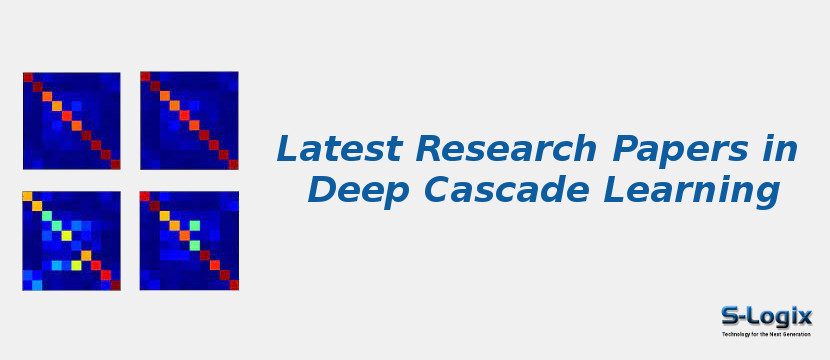Deep cascade learning is an emerging research direction in deep learning that focuses on building multi-stage or cascaded neural architectures where predictions from earlier stages guide subsequent layers or models for improved accuracy, efficiency, and robustness. Unlike traditional deep networks that rely on a single forward pass, cascade learning structures dynamically refine decisions, filter inputs, or allocate computational resources based on task complexity. Early research explored cascaded convolutional neural networks (CNNs) for face detection and object recognition, while recent works extend the approach to medical image analysis, speech recognition, natural language processing, and intrusion detection. Key techniques include progressive feature refinement, coarse-to-fine prediction strategies, and adaptive inference to reduce computational cost on easy samples while dedicating deeper cascades to hard cases. Studies also integrate reinforcement learning, attention mechanisms, and ensemble learning within cascaded frameworks to boost performance. Applications span computer vision, anomaly detection, healthcare diagnostics, and large-scale classification. Current research emphasizes efficiency for edge computing, interpretability, and robustness against adversarial attacks, positioning deep cascade learning as a promising paradigm for scalable and adaptive AI systems.
